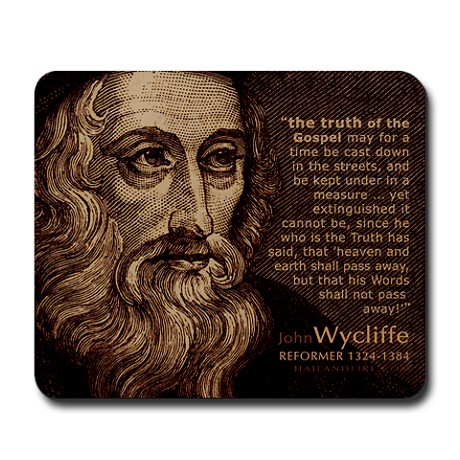I’ve been in publishing a long time, first as a writer, then as a literary agent. Throughout my journey, I’ve found emotional support and praise from expected quarters and have always been grateful for those people.
But I found no support and even criticism from other quarters. Some of these places weren’t surprising. But when no support came from some other Christians, I felt as though a burning pitchfork seared tender places in my soul.
In my publishing journey, writers shared similar feelings with me. Some said even their pastors derided their work. Should Christians focus their criticism on writers seeking to edify the Christian community? I have a feeling you can guess my opinion, but this blog post is about approval.
Where should Christian authors try to find approval?
In God, of course.
But it still hurts when other Christians don’t approve of our writing because they (we) are God’s representatives on Earth. And just as we may feel hurt when other Christians don’t like our work, we have to admit we have our favorite Christian authors while others don’t seem to reach us.
What to do?
Keep writing.
Keep reading.
Keep edifying.
All of us are in different places in our spiritual walks. Rather than worrying about what certain readers think of our books, let your words touch those who are willing to be touched. You may well be surprised and pleased by the result.
Your turn:
What comments have you received about your work that have surprised and pleased you?
Have you made a pleasant comment about an author’s work that seemed especially to please him or her?
What book by a living author has made an impact on your life? Did you contact the author?










